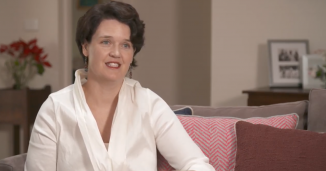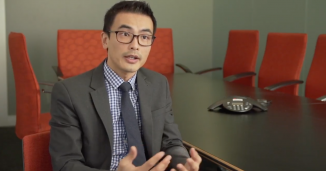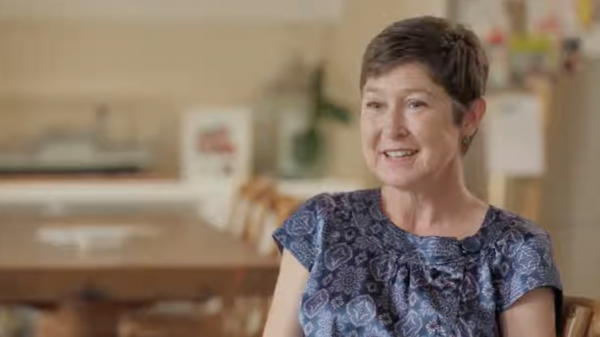Strategies for managing your mental health
View transcript
Lifestyle Factors
Prof. Ian Hickie
Consultant Psychiatrist
If you’re faced with managing your mental health, in this case think of it as your mental fitness, alongside your physical fitness. If you get arthritis, here is the bad news, you’ve got to get more physically fit in order to cope with that arthritis because the arthritis will interfere with your capacity to stay physically well. Same for the mental health point of view. So the strategies become a combination of actually physical things: being more physically active, managing pain, actually increasing exercise, in order that you sleep well and that you cope with pain actually through activity, not through restriction of activity. That you cope with pain through social engagement, not by withdrawing from social activities. That you manage medication appropriately to allow you to participate actively in those wider, meaningful things in life. Social relationships work the wider world. So what that requires is active strategies and then really working out what works for you. Doctors tend to say, “Oh look, try this because a hundred other people have tried this.” or “Try that because it works for some people.” You’ve got to work out what works for you, what works in terms of pain management, what works in terms of staying active, what works in terms of physical activity; better sleep-wake cycle, not using drugs and other alcohol, actually being able to stay engaged with work. What sets of strategies can you and those around you engage in so you have a productive life? The sort of thing that doctors never talk about. They talk briefly and during the interactions you have about illness control or strategies to deal with the illness. You need to have the strategies to have a better life.
Louise Shepherd
Clinical Psychologist
When we think about health conditions and when we think about whether it be our mind or our body, we can often get into a real struggle. So we can get into the sense of something shows up we don’t like, whether it be an ache in the joint or whether it be a headache, or whether it be a feeling such as anxiety. And the human thing to do often is to struggle with it and try to make it go away. What research and common sense can really tell us is that the more we struggle with it often the worse it gets. So finding ways to be able to kind of befriend that a little bit more – as crazy as that might seem – but to actually allow it to be there because it is there, can mean that we actually have a lot less struggle in our lives and we are able to kind of have more energy for the things that matter. The things that actually bring us joy and that matter to us rather than focussing on trying to get rid of the bad feelings and then we can get on with our lives.
Dr. Terrance Lim
Consultant Psychiatrist
Any lifestyle improvement that can improve your mental health will also improve the way you manage your pain and your disability as well. Lifestyle factors that anyone can improve include things like exercising more, watching your diet and also limiting your exposure to substances such as alcohol and also limiting your cigarette smoking and other general lifestyle factors. So exercise can be really useful. Exercise in chronic conditions that involve pain may need a slightly different approach to general exercise recommendations. And the person to speak to regarding that would be the GP or the rheumatologist or the physiotherapist that you’re seeing; to make sure that what you’re doing in terms of your exercise is within your pain threshold and within your limitations, but also it’s enough to help improve your overall physical health and mental health.













